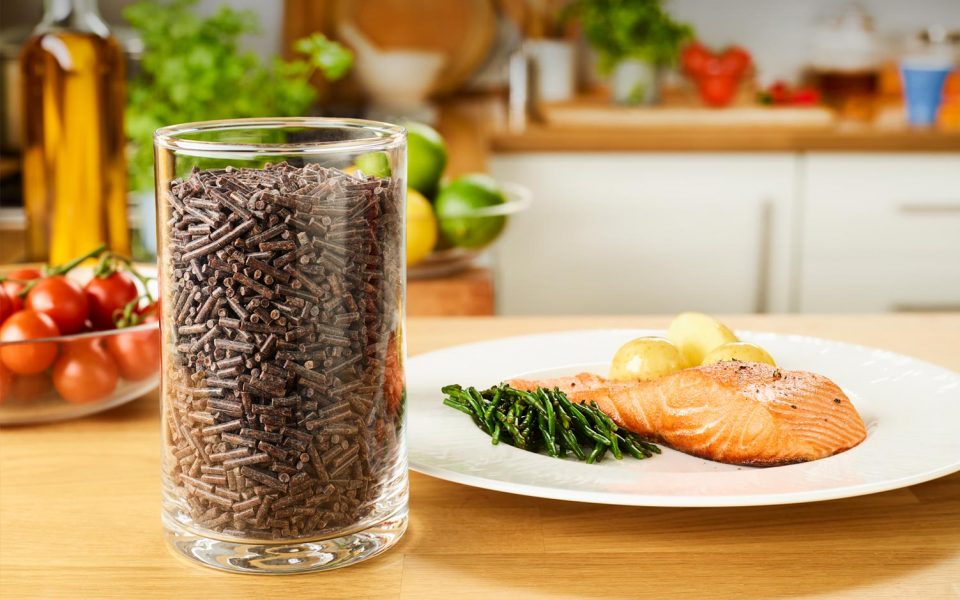Sustainability and the environmental impact of food continue to be key talking points in the media over the summer months, with consumer activism continuing to demonstrate the need for brands to put the future first. Here’s what we’ve been reading…
The Australian government’s marine park authority has found under-regulated fishing along the Great Barrier Reef is putting the world’s biggest coral reef system at further risk as it deals with repeated mass bleaching events.
While climate change is recognised as the reef’s greatest threat, the marine park authority has said “over-fishing and illegal fishing can compromise the long-term sustainability of stocks and impact the resilience of the marine ecosystem.”
According to the Guardian, the Queensland government’s rollout of major fisheries reforms designed to tackle the issues along the reef has stalled.
Vegan milk brand Oatly has faced backlash from customers and environmental activists after it sold a stake in the company to a private equity firm accused of contributing to deforestation in the Amazon.
Oatly defended its decision when responding to comments on Twitter, stating: “we need to move global capital in a sustainable direction if we’re to see real change. If we just shut out the companies that may make less sustainable choices, we won’t give them the chance to improve and make more sustainable choices, so global capital will keep being steered in a less sustainable direction.”
China is focusing on reducing waste to help ensure food security. The initiative launched last month by President Xi Jinping has been dubbed ‘operation empty plates’ and aims to tackle the estimated 18million tonnes of annual food waste, which is enough to feed about 40million people. Concerns about food security have worsened in the country due to factors such as the coronavirus pandemic, floods and trade tensions.
An alternative protein firm based in New Zealand, Sustainable Foods, is aiming to launch a locally-grown hemp-based meat analogue in 2021. This will be processed using a private hydroelectric power plant.
Sustainable Foods Co-founder Kyran Rei, said: “Health and sustainability and good flavor need to be affordable to enable a wide uptake and make a meaningful difference – people need to be able to afford to buy it.”
At present, current food regulations mean the firm is limited in the markets in which it can expand in to but is looking at options in the Asia Pacific region, according to Food Navigator.
High-end restaurants in Europe could be serving 3D printed steak by the end of the year.
Alternative protein start-up, Redefine Meat which creates faux beef from soy, pea protein, coconut fat and other vegan ingredients, claims its steaks have the same taste, texture, and bleeding qualities of meat produced from cows.
Redefine Meat’s CEO said alternative protein is: ‘…the best way to fight climate change, to deliver healthier solutions and food to the entire population of the planet.’
Back to journal